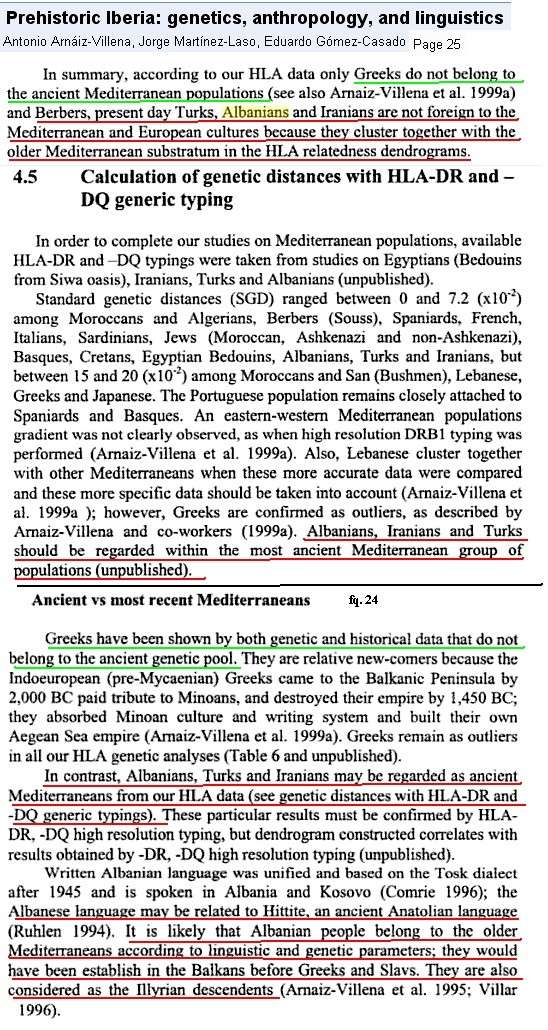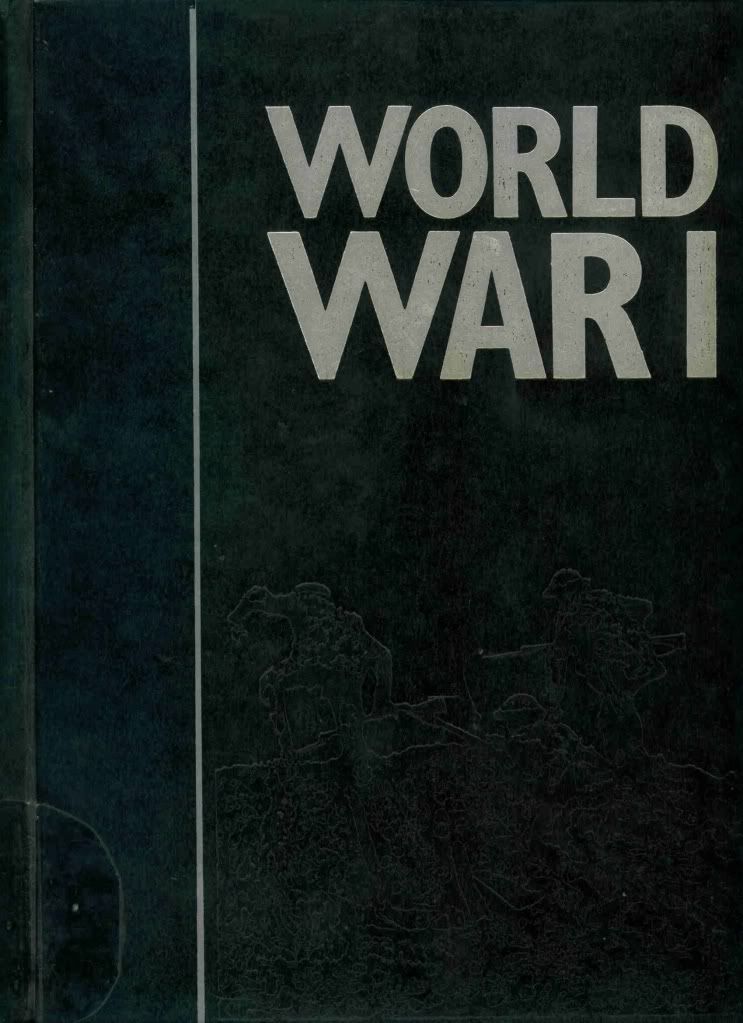Originally posted by Epirot
View Post
In no way! No Albanian has ever consider him as his ancestor. I guess you missed what Celeby said.



 in, young, with ear or err the spring; koitou, I remember, with kotheoo, I think; tie, an egg, with oveon, •a word used in the Cretan dialect; chala, poverty, with chalein, to want; skepetim, thunder, with skepto, I fall with force; phare, a division or tribe, with pharos, the pars of the Latins; prink, a father or chief, with prin, before (primus
in, young, with ear or err the spring; koitou, I remember, with kotheoo, I think; tie, an egg, with oveon, •a word used in the Cretan dialect; chala, poverty, with chalein, to want; skepetim, thunder, with skepto, I fall with force; phare, a division or tribe, with pharos, the pars of the Latins; prink, a father or chief, with prin, before (primus






Comment